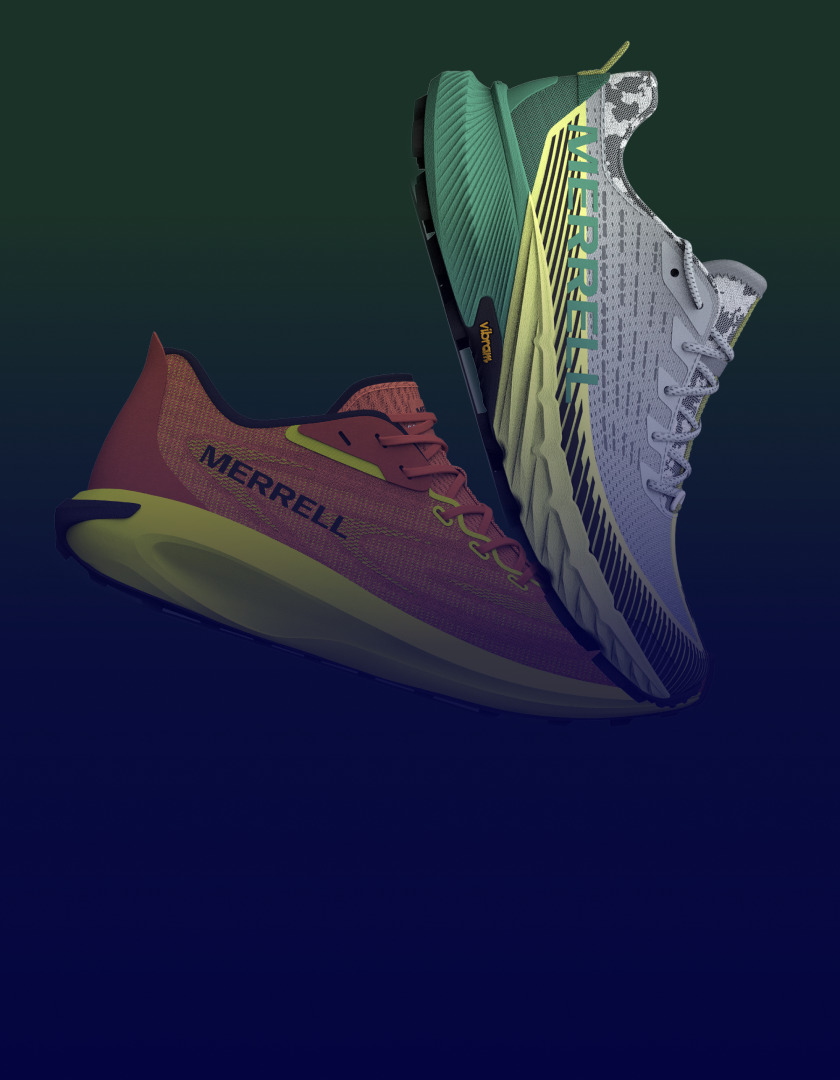The Value of Tech Packs in Fashion Design and Production

For fashion brands, designers and manufacturers to succeed in today’s fast-paced market, creating high-quality goods that are produced accurately and consistently is essential. One of the ways fashion designers do this is with tech packs.
A tech pack is a comprehensive document that essentially serves as a “blueprint” for a product’s design and creation, ensuring that every detail is accounted for, from design sketches to fabric specifications.
Tech packs are crucial for maintaining quality and reducing errors, but they also play a significant role in promoting sustainability within the fashion industry: the better the tech pack, the more efficient the product can be during the production process.
What is a Tech Pack?
A tech pack—short for “technical package”—is a detailed document outlining every specification, measurement and detail needed to create a fashion product. It includes essential components such as design sketches, fabric types, measurements and construction details.
The main goal of a tech pack is to serve as the one-stop communication tool between product designers and their manufacturers. By outlining a clear and standardized set of instructions, tech packs ensure that everyone involved in the production process from start to finish is on the same page. When that happens, fashion brands can produce goods that are fully aligned with their efficiency and sustainability goals.
The Role of Tech Packs in the Fashion Industry
Tech packs streamline the entire design-to-production process by providing clear guidelines that improve communication and minimize the risk of errors or production delays.
This consistency is particularly important when brands create multiple production runs and a tech pack can ensure that each garment produced over time meets the same high standards. Additionally, tech packs allow designers to accurately translate their vision into the final product, ensuring that what is designed on paper or screen is what ends up in the hands of the public.
Perhaps most importantly, tech packs are essential for scalability. Whether you’re producing a small batch of specialized garments or planning a large-scale production run, tech packs provide detailed instructions to replicate designs accurately and consistently, regardless of location or the manufacturer’s familiarity with the brand.
Tools to Create Tech Packs
Creating a tech pack involves several key steps, starting with the initial design and continuing through to the addition of specifications and finalization of details. Digital tools, apps, as well as options like PLM software have revolutionized this process, making tech pack creation more efficient and less prone to errors.
Digital tech packs offer significant advantages, such as easy updates, better collaboration and seamless integration with other design systems. These tools save time and enhance the accuracy and detail of the information provided.
Tech Packs for Garment and Apparel
The effectiveness of a tech pack depends on how well it is tailored to the specific type of garment being produced. Different fashion and apparel categories, from casual wear to activewear, have unique requirements that must be addressed within the tech pack.
For example, a tech pack for an activewear garment might include additional specifications for stretch fabrics, moisture-wicking properties, or reinforcement in high-stress areas. A tech pack for a sustainable performance outdoor brand may focus on both the technical requirements for performance and the sustainability criteria essential to the brand’s ethos.
Successful case studies within the industry highlight the importance of customized tech packs. Brands that have tailored their tech packs to suit different garment types consistently experience better outcomes in terms of product quality, efficiency, traceability and customer satisfaction.
Improving Fashion Design with Tech Pack Software
The rise of tech pack software has transformed the fashion design process. These platforms offer features such as real-time collaboration, 3D modeling and integration with other design tools, which help brands streamline their processes and improve efficiency. Collaborating in real-time ensures that all stakeholders, from designers to manufacturers, are aligned and can make decisions quickly and accurately.
Additionally, 3D modeling capabilities within tech pack software allow designers to visualize the final product before production begins, reducing the need for physical prototypes and minimizing waste. This accelerates the design process and supports sustainable practices within the fashion industry.
Benefits of Tech Packs in Sustainable Fashion
Sustainability is a critical concern in today’s fashion industry and tech packs are vital in promoting environmentally responsible practices.
By providing precise specifications, tech packs minimize material waste and ensure that garments are produced using responsible sourcing methods. This streamlined production process reduces the overall environmental impact, making tech packs an essential tool for brands committed to sustainability.
Tech packs also enhance supply chain visibility, allowing brands to responsibly source materials and track their sustainability goals. By improving planning and execution, tech packs help reduce excess inventory and waste, further contributing to sustainable fashion practices.
Reducing Sampling with Tech Packs
One significant benefit of using tech packs is the reduction in the need for physical samples. Detailed tech packs and 3D modeling enable brands to create virtual prototypes, significantly reducing the resources spent on producing and shipping physical samples.
This saves time and money and minimizes the environmental impact associated with sampling. Brands that have adopted these practices have successfully reduced waste and streamlined their production processes, leading to more sustainable operations.
Tech Packs and Regulatory Compliance
Another critical advantage of using tech packs is staying ahead of regulatory changes related to sustainability. These documents help brands ensure compliance with laws concerning carbon emissions, sustainable materials and labor standards.
By managing vendor certifications and compliance programs through detailed tech packs, brands can more easily navigate the complexities of global regulations and maintain their commitment to ethical and sustainable practices.
The Future of Tech Packs in the Fashion Industry
The future of tech packs is poised to be even more advanced, with emerging technologies such as artificial intelligence and machine learning set to revolutionize tech pack creation.
Future tech packs will be more detailed, efficient and integrated with other systems, providing even greater benefits to the fashion industry. As the industry continues to evolve, the adoption of advanced tech pack practices will be crucial for brands looking to stay competitive and environmentally responsible.
Elevate Your Brand's Sustainable Future
Empowering your brand with a meticulously crafted tech pack is just the beginning of achieving sustainable and high-performance fashion and apparel products.
To truly streamline and optimize your design, development and production processes, fashion brands and retailers need a solution that unifies everything in one place. With Centric PLM, you can connect your entire team—from designers to manufacturers—with agile, real-time access to all your product data and processes.
This integration not only accelerates time-to-market but also ensures that your sustainability goals are met at every stage. Request a demo today to discover how Centric Software can help your brand turn innovative designs into a sustainable reality.







